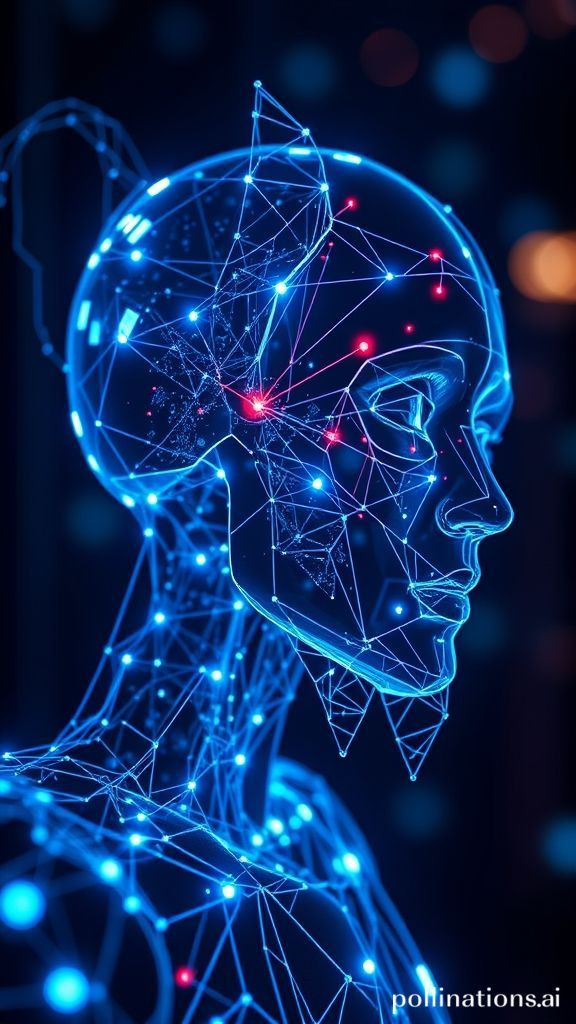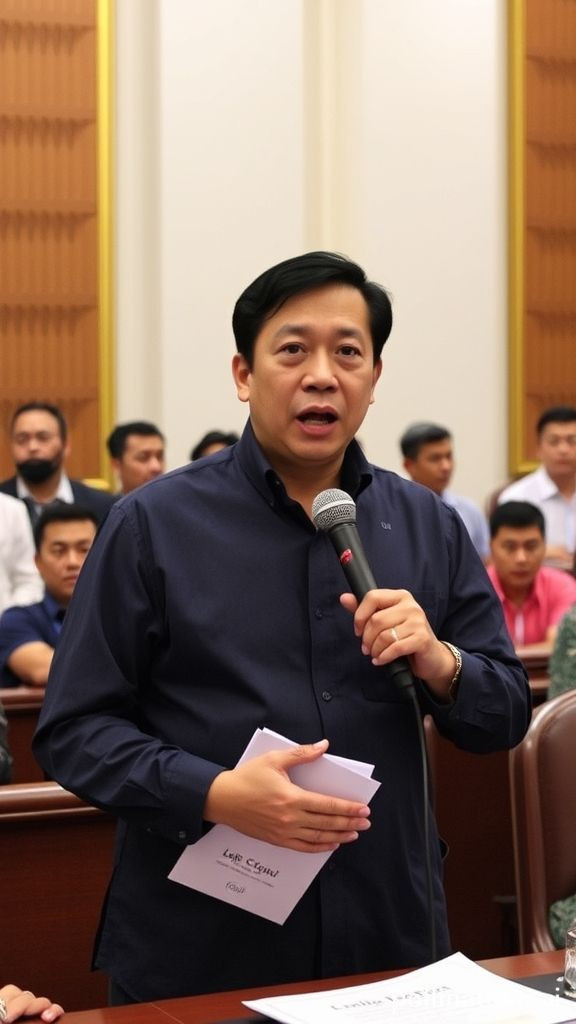
Experts warn AI could widen digital divide in the Philippines
Experts warn AI could widen digital divide in the Philippines

Experts Warn AI Could Widen Digital Divide in the Philippines A Call to Action
As artificial intelligence (AI) becomes increasingly prevalent, experts caution that its widespread adoption could exacerbate existing digital divides in the Philippines. The 11th Annual Public Policy Conference, held on September 18, brought together policymakers, academics, and technology specialists to discuss the transformative power of AI and its potential pitfalls.
The Promise and Peril of AI
AI has the potential to revolutionize various sectors, from education to healthcare, by automating tasks, improving decision-making, and enhancing productivity. However, without careful planning and implementation, AI could concentrate benefits in the hands of a few, widening the digital divide between urban and rural areas.
Socioeconomic Planning Secretary Arsenio Balisacan's Warning
In his opening remarks at the conference, Socioeconomic Planning Secretary Arsenio Balisacan emphasized that AI is no longer a theoretical challenge. AI is here, he said. Without decisive action, only large corporations and urban centers will benefit, leaving rural communities and small enterprises further behind.
Data Infrastructure The Key to Bridging the Gap
To bridge the digital divide, experts emphasized the need for robust data infrastructure, including reliable datasets, affordable broadband, and digital literacy training.
Challenges Unequal Access, Digital Literacy Gaps
Despite efforts to improve internet penetration, millions of Filipinos remain unable to participate in the digital economy. Internet access is uneven, particularly in rural areas, while affordability and digital literacy remain persistent challenges.
Statistics As of 2020, only 34% of households in rural areas have internet access compared to 74% in urban areas.
References A study by the Asian Development Bank found that lack of digital literacy is a significant barrier to online participation.
Localizing AI Cultural Context Matters
Another challenge lies in the design of AI systems, which are often developed abroad and may not reflect local needs or cultural contexts. Deploying foreign-built models without adaptation could backfire, reinforcing bias and failing to meet local needs.
Balancing Innovation and Protection
Science and Technology Undersecretary Leah Buendia emphasized the need to balance innovation with protection, outlining three priorities for advancing AI governance ethics, human rights, and sustainability.
Quote Let us remember that good governance is not measured by how advanced our technologies are, but how well they advance the security and prosperity of our people.
Building an Inclusive AI Future
Experts agreed that addressing the risks of AI requires urgent reforms in infrastructure, governance, and education. Expanding affordable broadband, investing in digital literacy, and building reliable data systems are seen as the foundation for inclusive growth.
Solutions The recently enacted Konektadong Pinoy Law aims to spur competition in telecommunications, lower costs, and improve nationwide connectivity.
Innovations Tech-enabled solutions, such as digital literacy training platforms and affordable internet services, can help bridge the digital divide.
Conclusion A Call to Action
As the debate on AI's role in society continues, it is essential that policymakers, businesses, academia, and civil society work together to ensure that AI strengthens social equity rather than widening existing divides. The Philippines must strike a balance between encouraging innovation and protecting citizens by investing in data infrastructure, digital literacy training, and human-centered AI development.
Keywords artificial intelligence, digital divide, Philippine economy, data infrastructure, digital literacy, inclusive growth
Meta Description Experts warn that artificial intelligence could widen the digital divide in the Philippines unless urgent reforms are implemented. This blog highlights the challenges and solutions for building an inclusive AI future in the country.
Header Tags
H1 Experts Warn AI Could Widen Digital Divide in the Philippines
H2 The Promise and Peril of AI
H3 Socioeconomic Planning Secretary Arsenio Balisacan's Warning
H4 Data Infrastructure The Key to Bridging the Gap
Structured Formatting
1. Introduction
Experts warn that artificial intelligence could widen the digital divide in the Philippines unless urgent reforms are implemented.
This blog highlights the challenges and solutions for building an inclusive AI future in the country.
2. The Promise and Peril of AI
AI has the potential to revolutionize various sectors, from education to healthcare, by automating tasks, improving decision-making, and enhancing productivity.
However, without careful planning and implementation, AI could concentrate benefits in the hands of a few, widening the digital divide between urban and rural areas.
3. Socioeconomic Planning Secretary Arsenio Balisacan's Warning
AI is here, he said. Without decisive action, only large corporations and urban centers will benefit, leaving rural communities and small enterprises further behind.
4. Data Infrastructure The Key to Bridging the Gap
Reliable datasets, affordable broadband, and digital literacy training are essential for building an inclusive AI future.
5. Challenges Unequal Access, Digital Literacy Gaps
Despite efforts to improve internet penetration, millions of Filipinos remain unable to participate in the digital economy.
Internet access is uneven, particularly in rural areas, while affordability and digital literacy remain persistent challenges.
6. Localizing AI Cultural Context Matters
AI systems must be adapted to local needs and cultural contexts to avoid reinforcing bias and failing to meet local needs.
7. Balancing Innovation and Protection
Science and Technology Undersecretary Leah Buendia emphasized the need to balance innovation with protection, outlining three priorities for advancing AI governance ethics, human rights, and sustainability.
8. Building an Inclusive AI Future
Experts agreed that addressing the risks of AI requires urgent reforms in infrastructure, governance, and education.
Expanding affordable broadband, investing in digital literacy, and building reliable data systems are seen as the foundation for inclusive growth.
9. Conclusion A Call to Action
Policymakers, businesses, academia, and civil society must work together to ensure that AI strengthens social equity rather than widening existing divides.
SEO Optimization
Keywords artificial intelligence, digital divide, Philippine economy, data infrastructure, digital literacy, inclusive growth
Meta description Experts warn that artificial intelligence could widen the digital divide in the Philippines unless urgent reforms are implemented.
Header tags H1, H2, H3, H4
* Structured formatting introduction, promise and peril of AI, socioeconomic planning secretary's warning, data infrastructure, challenges, localizing AI, balancing innovation and protection, building an inclusive AI future, conclusion





